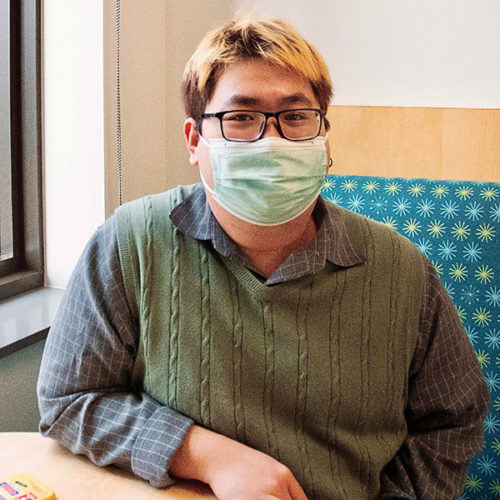
Bang Nguyen ’22 presents at oSTEM conference, competes in hackathon
Bang Nguyen ’22, a Computer Science major with a minor in Data Science & Communication Studies at The College of Wooster, recently presented his […]
Data science, which is a blend of computer science with statistics, is a growing field with many lucrative career options, and students who major in Statistical & Data Sciences at The College of Wooster get a well-rounded education including foundational courses that will prepare them for success in data science. The SDS major at Wooster requires students to choose a minor in an area other than math or computer science. Choosing a minor (or a double major) allows data science students to focus on field that interests them and allows them to use their skills in a practical way before graduation. A liberal arts education gives students critical thinking and communication skills in a way that transcends the classroom, and Wooster’s small classes and faculty mentors give student a strong educational experience.
Statistical & Data Sciences at Wooster is part of a department that also includes computer science and mathematics. Majors and minors in SDS follow a curriculum that gives them a solid foundation in all three fields, but also extend their learning beyond the classroom. SDS majors are also required to complete an internship of their choosing. One option is to participate in the college’s summer Applied Methods and Research Experience (AMRE) program, which pairs students serving as consultants with a company or organization, challenging students to solve a specific business or operational issue. Routine AMRE clients include Fortune 500 corporations Goodyear and Progressive Insurance. Our students routinely have been lauded in regional DataFest contests, in which undergraduate teams spend a weekend finding insights from a large, complex data set and present their results to a group of judges from industry and academia. In addition, all students at Wooster complete independent study projects under the guidance of a faculty mentor, culminating in a thesis delivered in the spring of the student’s senior year.
Learn about Wooster’s STEM community through the STEM Success Initiative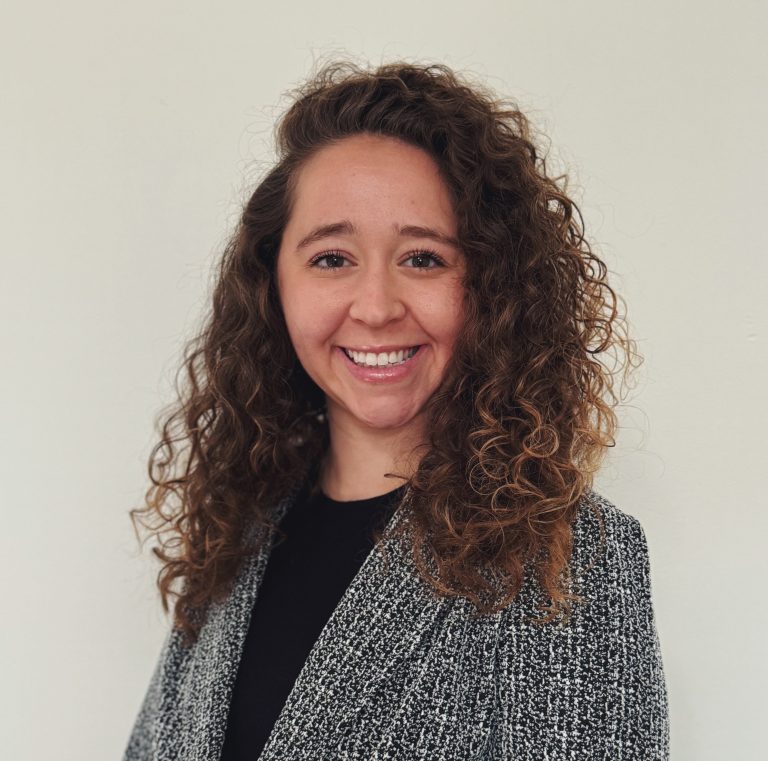
Administrative Coordinator, Physics, Mathematical & Computational Sciences
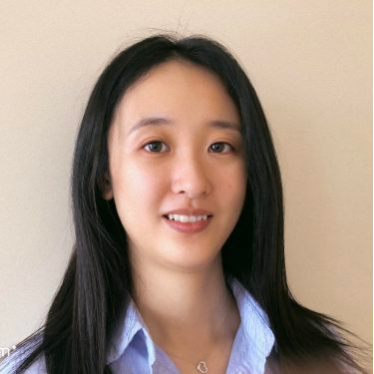
Assistant Professor, Statistical & Data Sciences and Mathematics (On leave Spring 2026)

Associate Professor of Mathematics and affiliated faculty in Statistical and Data Sciences
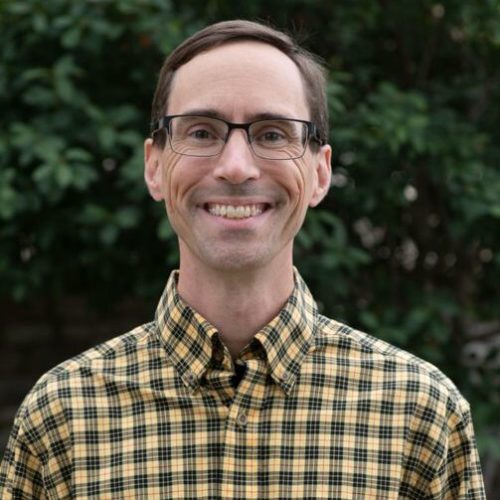
Professor and Department Chair of Mathematics; Department Chair and affiliated faculty in Statistical and Data Sciences

Bang Nguyen ’22, a Computer Science major with a minor in Data Science & Communication Studies at The College of Wooster, recently presented his […]
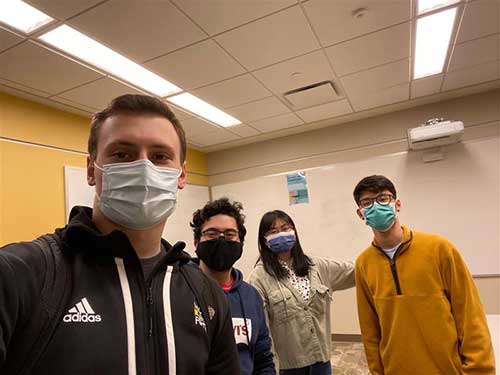
Students develop data plan that places third in regional competition
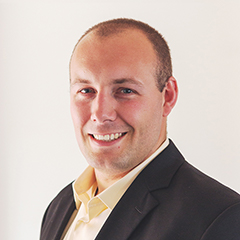
Mathematics and computer science major credits multiple professors for helping him find his path
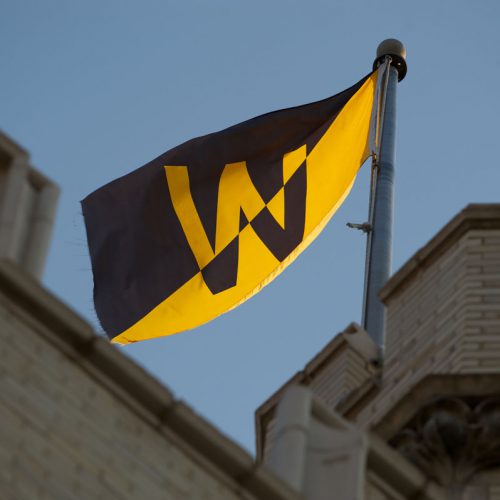
All three will be available starting this fall
The Statistical and Data Sciences major requires a concurrent minor (or second major), which may not be in either computer science or math. Our goal in requiring a second major or concurrent minor is to help students build a strong foundation in data science to help them bring additional expertise to the additional academic area of their choice.
Students who major in Statistical and Data Sciences complete 13 courses in computer science, math and data science.
View Courses
Advising Guide for SDS
A minor in Statistical and Data Sciences consists of six courses:
View Courses
Advising Guide for SDS
All students at Wooster complete an Independent Study (I.S.) during their senior year, and the I.S. is of central importance in our department. I.S. is an opportunity to expand the student’s understanding of the discipline and to do significant work in an area of personal interest. The ability to engage in independent learning is one of the primary goals of the department and of the College at large, and the successful completion of the I.S. thesis represents the culmination of the student’s academic program.
Over two semesters, each student designs a plan of study, completes the I.S. thesis, and gives an oral presentation and defense of the project. Under the guidance of a faculty mentor, the student is free to pursue virtually any area of interest within the discipline.
Examples of past I.S. projects from the department include:
| Student | Year | I.S. Title | Major 1 | Major 2 | Advisor |
|---|---|---|---|---|---|
| Please search to view results | |||||
Data science, which is a blend of computer science with statistics, is a growing field with many lucrative career options, and students who major in Statistical and Data Sciences at The College of Wooster get a well-rounded education including foundational courses that will prepare them for success in data science.
The Applied Methods and Research Experience (AMRE) gives College of Wooster students the opportunity to apply classroom learning in the role of business and organizational consultants.
For eight weeks of the summer, student teams and faculty advisors are paired with a (usually local) business, industry, or agency (client). Student participants are exposed to practical applications of their liberal arts education in a “real world” setting. This experience aids students in determining professional interests and developing professional skills. The faculty advisors have the opportunity to be involved with a very select group of students in a summer activity, while potentially contributing to research in applied fields. Clients have the opportunity to tangibly support education and, at a low cost, obtain solutions to problems that would most likely not be addressed internally.
The structure of the program is based upon several research teams which work independently on separate projects, but also come together for discussion of progress. These teams are comprised of students (usually three) and a faculty advisor. The faculty advisor involvement is heavy initially as the student team becomes familiar with the project definition. After approximately two weeks, involvement becomes primarily advisory as the students work directly with client representatives and others. Student teams give weekly progress reports in the form of oral presentations, in addition to periodic presentations to their respective clients. Each team also gives a final oral presentation and written report to the client upon completion of the project.
In addition to work done on the project, a number of lectures are presented by the faculty advisors as a part of the AMRE program. These lectures are intended to teach the students skills or tools necessary to complete their assigned projects. Colloquia are also given on a variety of topics including group dynamics and oral presentation. These colloquia are given by individuals from academia, local corporations and professional consultants.